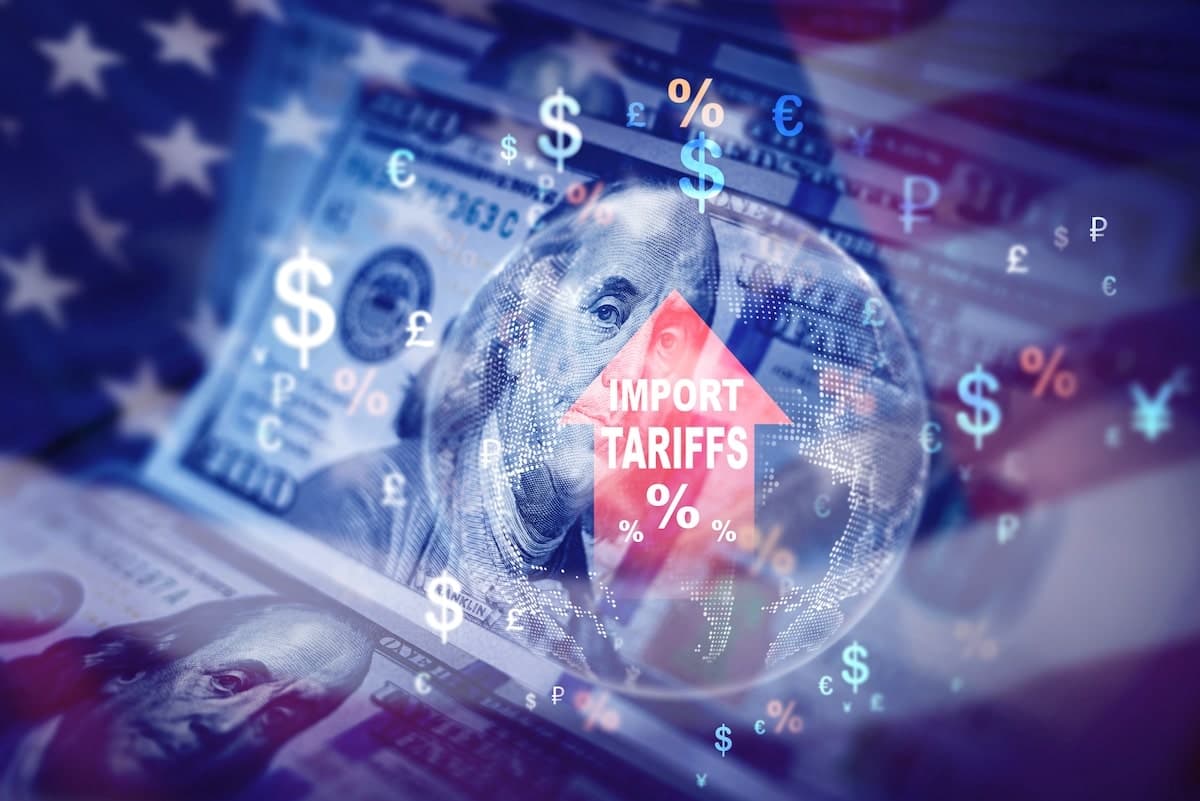We're loading the full news article for you. This includes the article content, images, author information, and related articles.
Australian customers returning US-manufactured goods were wrongly charged tariffs, highlighting global complexities in e-commerce and import duties. This incident underscores the evolving landscape of international trade, which could impact Kenyan online shoppers and businesses.

Australia Post, the government-owned postal service, has admitted to incorrectly charging tariffs on US-manufactured items being returned to the United States. The error, attributed to a third-party provider, affected a number of customers after retail parcel services to the US resumed last week. The postal service confirmed it is reaching out to those impacted to issue refunds.
This issue arose following the US government's suspension of the 'de minimis' exemption in August 2025, which previously allowed parcels valued under US$800 (approximately KSh 117,000) to enter the country duty-free. While business services to the US resumed on Monday, September 22, 2025, retail services followed on Monday, October 7, 2025. US Customs and Border Protection (CBP) has clarified that the new tariff regime applies to online returns, with duties calculated based on the goods' country of origin.
The recent changes stem from a broader shift in US trade policy under former President Donald Trump, who enacted steep tariffs on nearly all imported goods during his second term. These 'Liberation Day' duties, which took effect in April 2025, introduced a baseline 10% tariff on most US imports. The 'de minimis' exemption, initially scheduled to end in July 2027, was abruptly terminated on Thursday, August 29, 2025, under the International Emergency Economic Powers Act (IEEPA). This move significantly altered the landscape for international e-commerce, as all shipments, regardless of value or origin, are now subject to import duties, taxes, and fees.
Federal courts have ruled that the tariffs imposed under the IEEPA are illegal. However, these tariffs remain in effect as the case is appealed, with the Supreme Court scheduled to consider the IEEPA tariffs in November 2025. If the Supreme Court upholds the lower court's decision, the US government could face billions of dollars in refunds to businesses that paid these tariffs.
While the Australia Post incident directly affects Australian consumers, the underlying changes in US tariff policy have broader implications for international trade, including for Kenyan businesses and individuals engaged in cross-border e-commerce. Kenya's import tax and customs duty structure operates on the CIF (Cost, Insurance, and Freight) method, where duties are calculated based on the value of goods and associated shipping costs. Import duty rates in Kenya typically range from 0% to 25% under the East Africa Community Common External Tariff (CET), with higher rates for 'sensitive items'. Additionally, Value Added Tax (VAT) at a normal rate of 16%, Import Declaration Fees (IDF) of 2%, and Railway Development Levy (RDL) of 1.5% are also applicable.
Kenyan postal services, such as Kenya Post, offer international parcel delivery and express mail services, with a track and trace system available for most international destinations. They also provide customs clearance services for dutiable incoming items. The increased complexity and potential for tariffs on returned goods to the US could lead to higher costs and administrative burdens for Kenyan businesses and consumers involved in international online shopping. Accurate declarations of goods are crucial, as undervaluing items to avoid taxes is illegal and can result in severe penalties.
The upcoming Supreme Court decision in November 2025 regarding the legality of the IEEPA tariffs will be a critical development. A ruling against the tariffs could trigger a complex process of refunds for businesses, though the mechanism for such refunds remains uncertain. For Kenyan consumers and businesses, closely monitoring changes in international trade policies and understanding the implications for import and return processes will be essential to navigate the evolving global e-commerce landscape.
Keep the conversation in one place—threads here stay linked to the story and in the forums.
Sign in to start a discussion
Start a conversation about this story and keep it linked here.
Other hot threads
E-sports and Gaming Community in Kenya
Active 9 months ago
The Role of Technology in Modern Agriculture (AgriTech)
Active 9 months ago
Popular Recreational Activities Across Counties
Active 9 months ago
Investing in Youth Sports Development Programs
Active 9 months ago